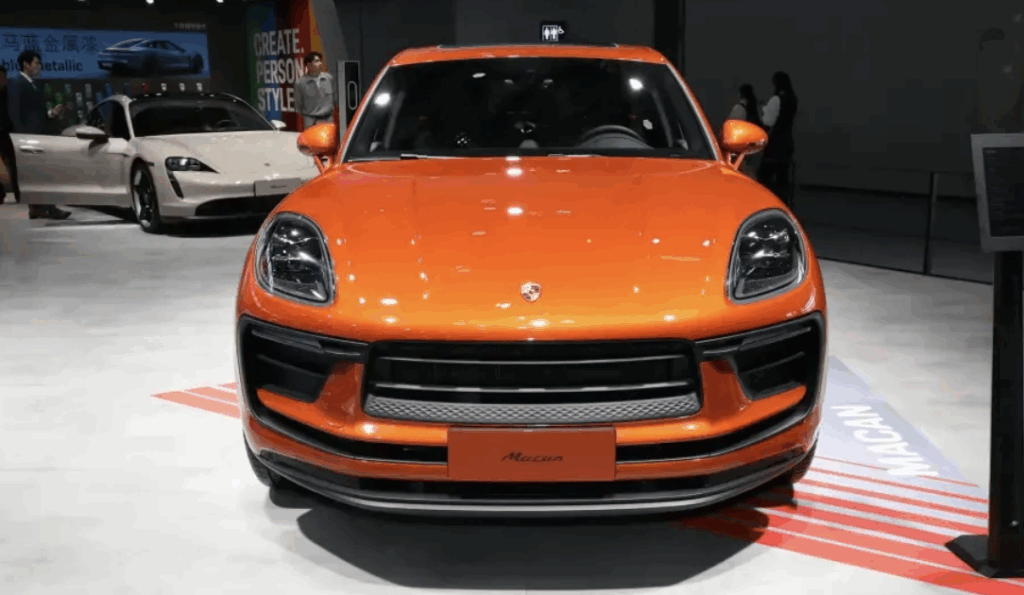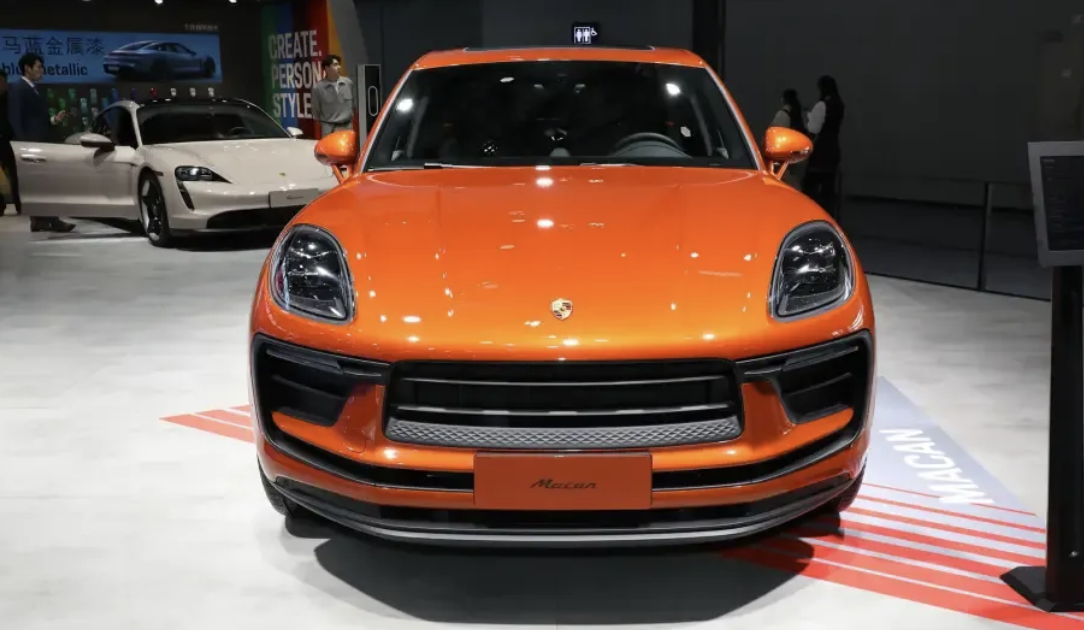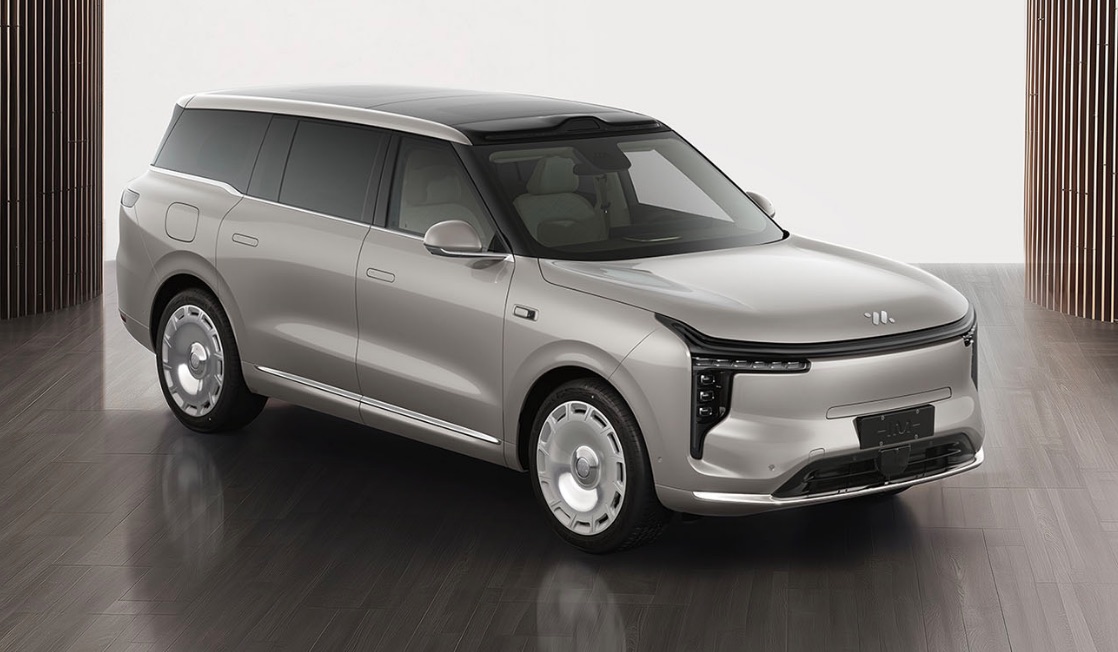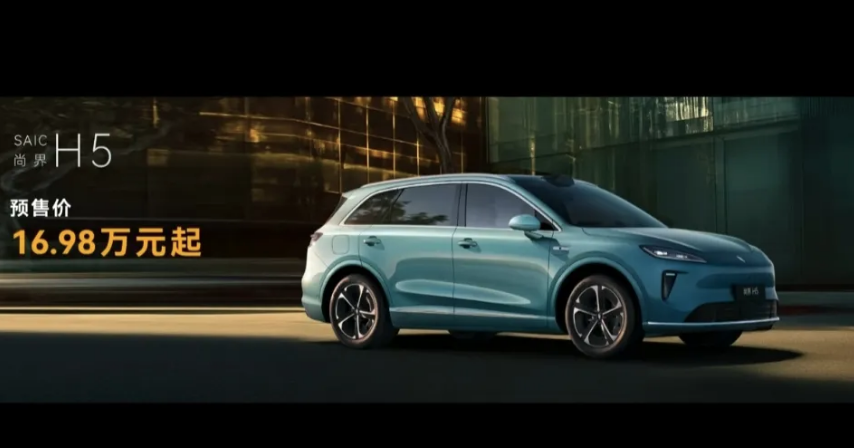Today, according to media reports, Porsche revealed in its Q3 2025 earnings call that three gasoline-powered models will soon be discontinued. These models include the best-selling gasoline Macan, 718 Boxster, and Cayman. According to an internal source, the current internal combustion engine-powered Macan will continue to be sold until 2026, and in some markets, it may last until 2027, depending on final inventory arrangements. The exact end of production for the Macan has not yet been determined, but it may end around mid-2026. Meanwhile, the 718 Boxster and Cayman models are soon to cease production.

The news of the gasoline-powered Macan being discontinued is not unexpected. As early as 2014, there were reports that the Porsche Macan and 718 Boxster models would be discontinued by 2026. Last year, due to non-compliance with the European Union’s new cybersecurity regulations, Porsche stopped producing the Macan and Boxster in Europe. At that time, the company stated that the cost of upgrading the vehicle systems to meet current standards was too high, so it chose not to proceed with the updates. After the gasoline-powered Macan is discontinued, Porsche will shift to producing the electric version of the Macan. In the Chinese market, it was also reported last year that Porsche dealerships had paused accepting orders for the gasoline-powered Macan.
According to data, the Macan is one of Porsche’s best-selling models to date, developed based on the Boxster platform as an entry-level two-door hardtop model. The car officially entered the Chinese market in 2006, priced at 728,000 yuan. With its luxury brand appeal and affordable price, it has gained significant popularity among car enthusiasts worldwide.
It is worth noting that in recent years, with the rapid development of electric vehicles, Porsche has faced pressure from declining global sales. As Porsche’s most important market, sales in China have also declined in the past two to three years. Relevant data shows that from 2022 to 2024, Porsche’s sales in China were 93,300, 79,300, and 56,900 units, respectively. In comparison, Porsche’s sales in China in 2021 were 95,700 units. This year, the situation has become even more challenging. In the first three quarters of the year, Porsche’s sales in China were 32,195 units, a 26% decline compared to the same period last year.
It is important to note that the Chinese market has always been Porsche’s most important source of profit. Regarding the decline in sales in the domestic market, the company stated that it is mainly due to the ongoing challenging economic conditions in the country. To boost sales in the domestic market, Porsche has also introduced a series of promotional policies, but the increase in sales has not been significant.
Of course, the decline in Porsche’s sales in China is also linked to the rapid rise of domestic new energy vehicles. In recent years, several Chinese electric vehicle manufacturers have launched more intelligent new models, with competitive pricing, which has reduced Porsche’s market share to some extent. In fact, the market share of not only Porsche but also the entire traditional luxury car brand lineup has been impacted to varying degrees. From January to September this year, Mercedes-Benz’s cumulative sales in China were 418,000 units, a year-on-year decline of 18%, while BMW’s sales in China were 147,100 units, a year-on-year decline of 11.2%.
To boost global sales, Porsche is also making a series of adjustments. Recently, Porsche announced the appointment of Michael Leiters as CEO, effective from January 1, 2026. Regarding this personnel change, Porsche CEO Oliver Blume stated that the company’s two largest single markets, the United States and China, have undergone significant changes, leading to new demands for Porsche’s business model. This year, we have restructured the company and expanded our product strategy. The news of Porsche discontinuing three gasoline-powered models may also be part of the company’s ongoing product adjustment strategy.



